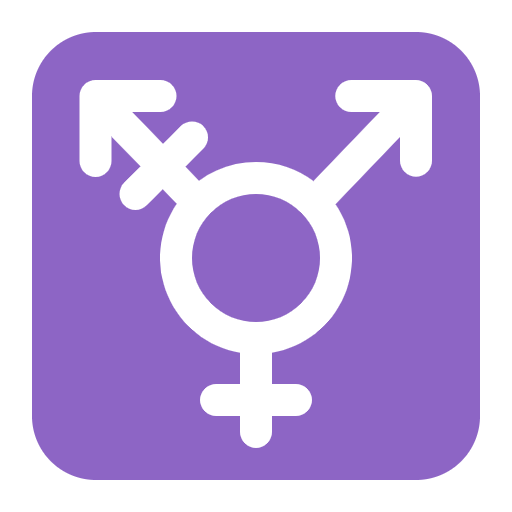Comprehensive Guide on the Name “Jamie”

Jamie
Meaning: Supplanter / Gender: Neutral / Pronunciation: JAY-mee
Origin and Historical Background
Jamie is a diminutive form of James, deriving from the Hebrew name Jacob (Ya’aqov), which means “supplanter” or “holder of the heel.” Historically, James has been a popular name in many cultures, particularly within English-speaking countries. The name James was borne by several kings of England and Scotland, boosting its prominence. It transitioned to Jamie as a more casual, affectionate variant and began appearing in records as a given name in its own right by the late Medieval period.
Meaning and Cultural Significance
As a name meaning “supplanter,” Jamie conveys notions of resilience, determination, and strength. The term “supplanter” traditionally refers to someone who takes the place of another, often by strategizing or being resourceful. In modern contexts, the name is associated with individuals who are strong-willed, crafty, and capable of overcoming challenges. Culturally, Jamie has been embraced due to its versatility and gender-neutral appeal, often chosen for its friendly and approachable sound.
Famous Historical Figures with the Name Jamie
1. Jamie Oliver
- Historical Era: 21st Century
- Key Contributions: Renowned British chef and food campaigner
- Cultural Impact: Jamie Oliver has significantly impacted the culinary world with his focus on accessible, healthy eating and has championed numerous causes, including better school meals for children. His television shows and cookbooks have motivated many to take up cooking at home.
2. Jamie Lee Curtis
- Historical Era: 20th and 21st Century
- Key Contributions: Acclaimed American actress and author
- Cultural Impact: Jamie Lee Curtis is celebrated for her iconic roles in the horror and comedy genres. She is also an advocate for various social causes, including children’s health and addiction recovery.
Usage Over Time
Jamie became notably popular in the mid-20th century and has retained a steady presence in baby name registries. In the United States, its peak popularity occurred during the 1970s and 1980s, according to the Social Security Administration (SSA). It has been a favored choice for parents looking for a name that is both timeless and adaptable across different genders. The name’s versatility has helped sustain its appeal over the decades.
Pronunciation Guide
Jamie is pronounced as “JAY-mee.”
- Phonetic Breakdown: \ˈʤeɪ.mi\
- It emphasizes the long “a” sound in the first syllable, followed by a softer “mee.”
Biblical Context
While Jamie itself does not appear in the Bible, its root name, James, has significant biblical connections. James, derived from Jacob, is a common name in the New Testament with notable bearers such as James the Greater, one of Jesus’ twelve apostles, and James the Less, another apostle and a pillar of the early Christian church. These figures underline the name’s longstanding religious significance.
Additional Unique Information
Numerology
In numerology, Jamie is associated with the number 1, symbolizing leadership, independence, and pioneering spirit.
Variations
Variants of Jamie include Jaime (Spanish/Portuguese), Jamey, and Jaymee.
Cultural Variants
Jamie is used in various cultures with slight adaptations in spelling and pronunciation. For instance, Jaime is commonly used in Spanish and Portuguese-speaking countries.
Popularity Trends
According to SSA data, Jamie was most popular in the 1970s and 1980s. While its popularity has declined since then, it remains a beloved choice for its friendly and accessible nature.
Conclusion
Jamie is a timeless, gender-neutral name with a rich history and significant cultural impact. Its meaning, “supplanter,” evokes strength, determination, and resilience. With famous namesakes enhancing its appeal and a steady historical usage, Jamie continues to be a beloved choice for expectant parents.









